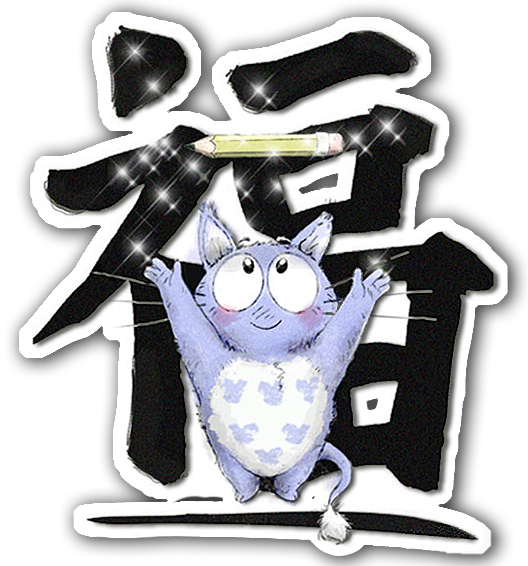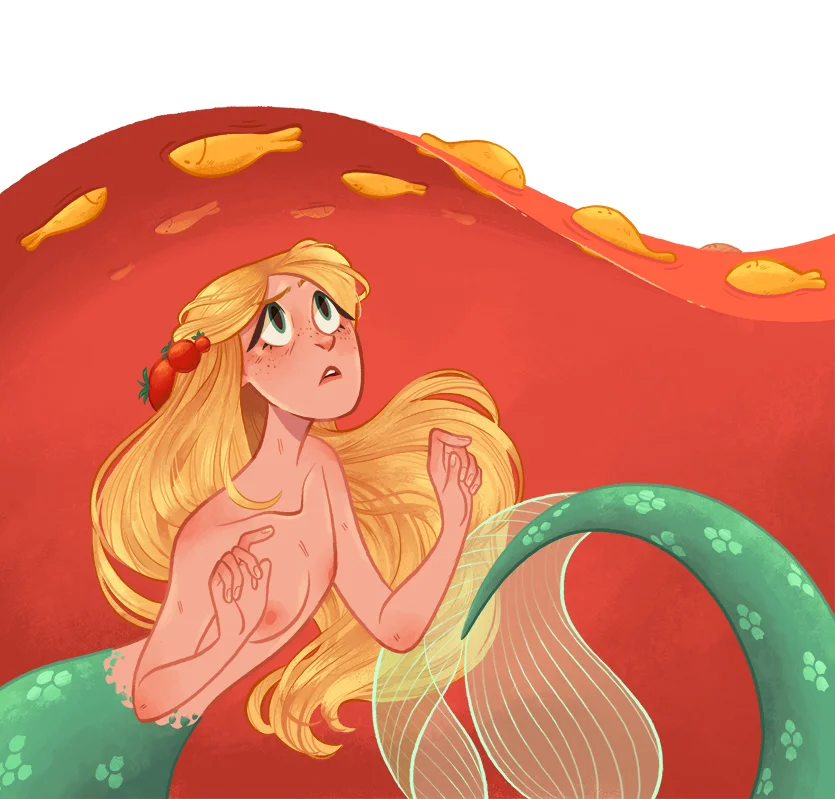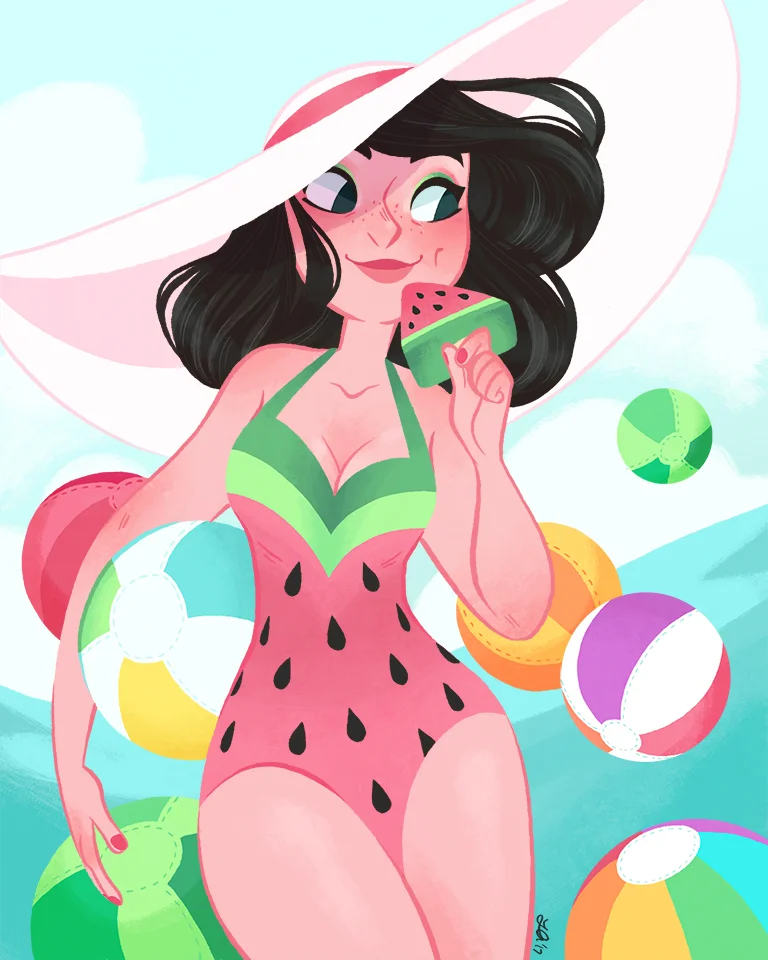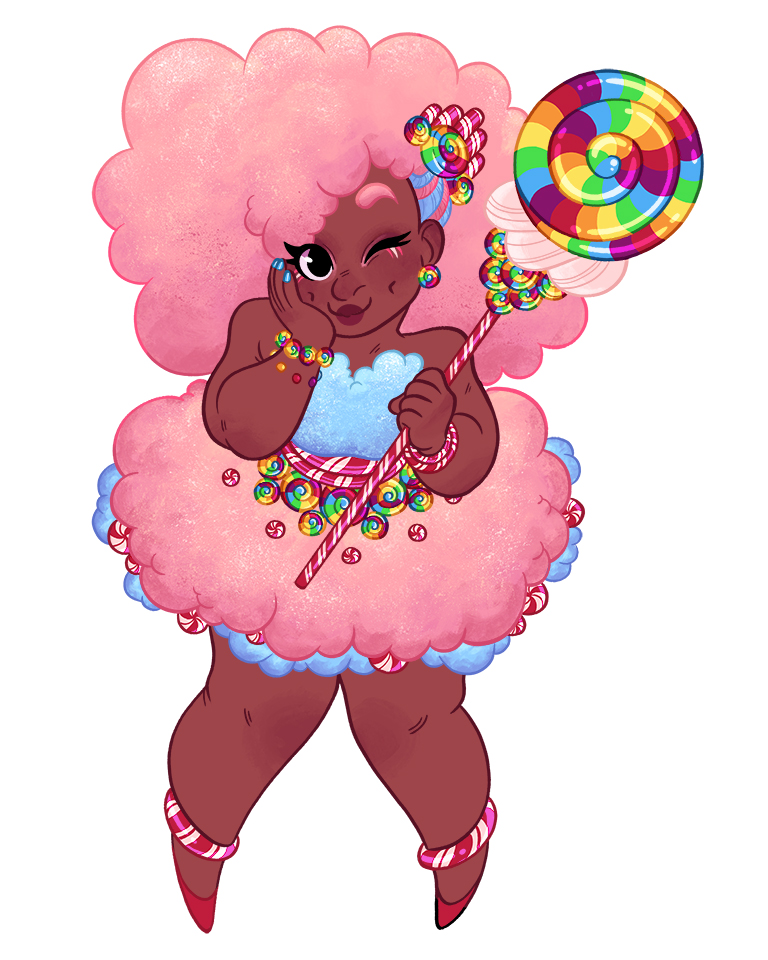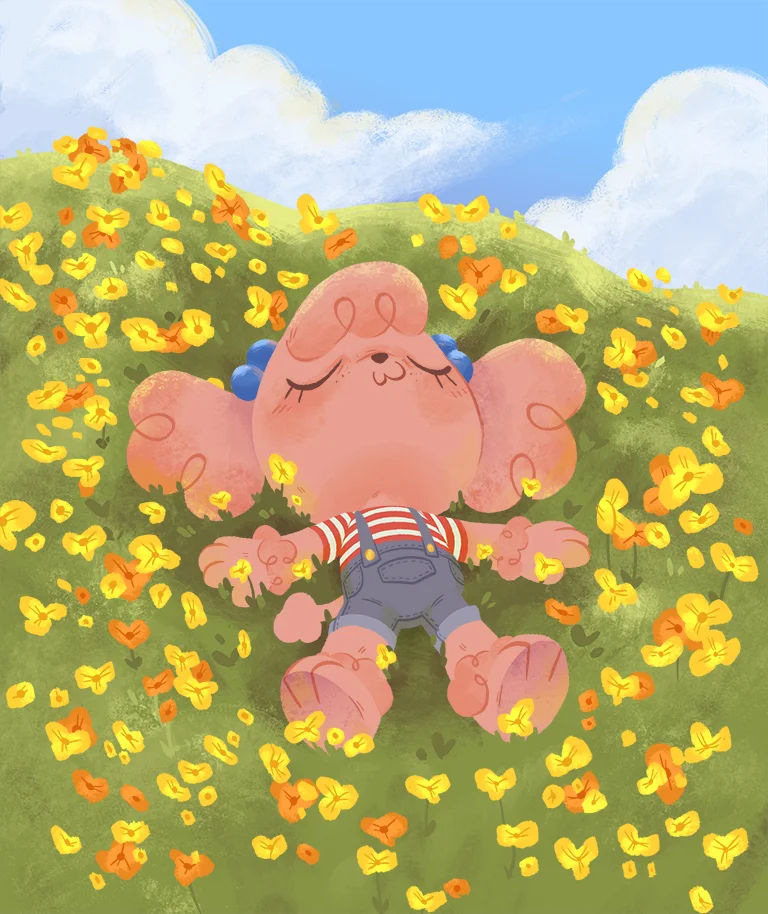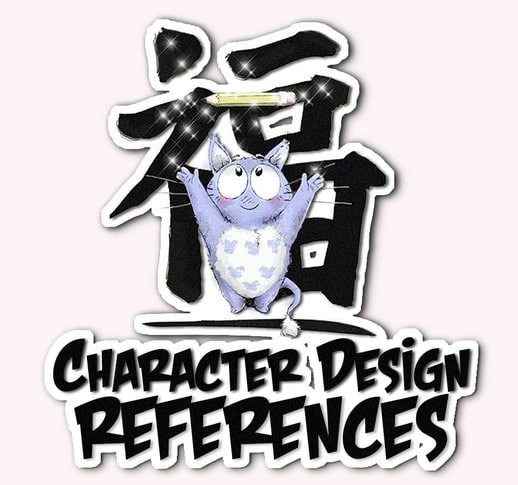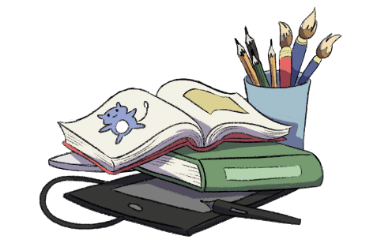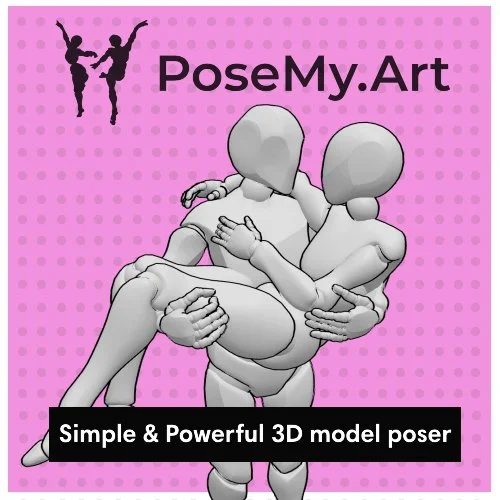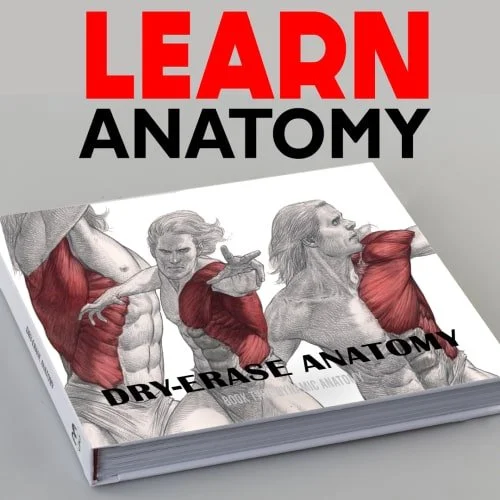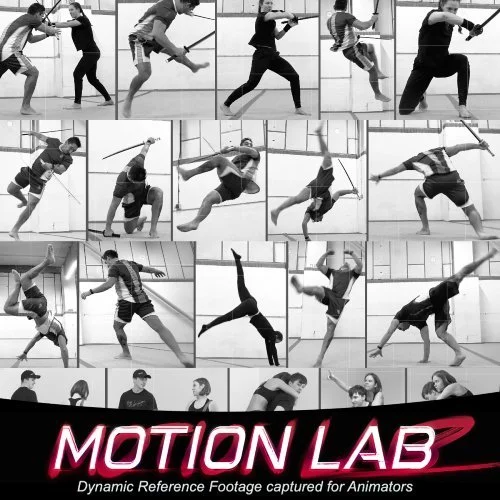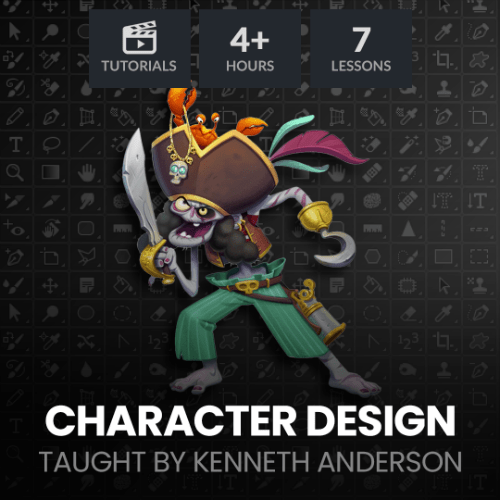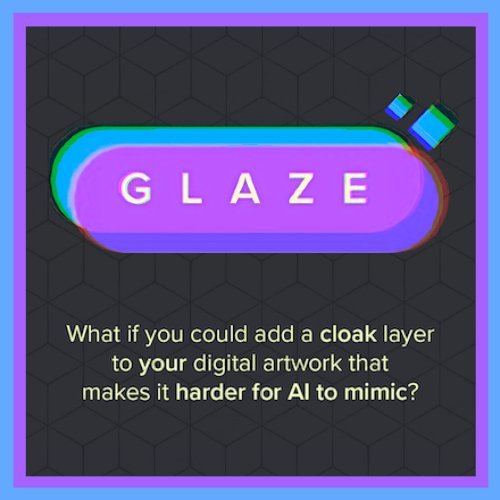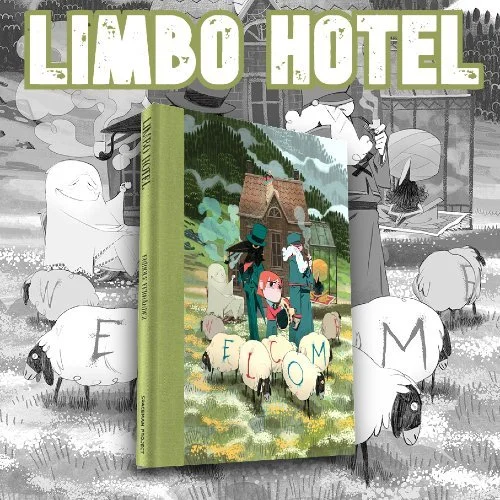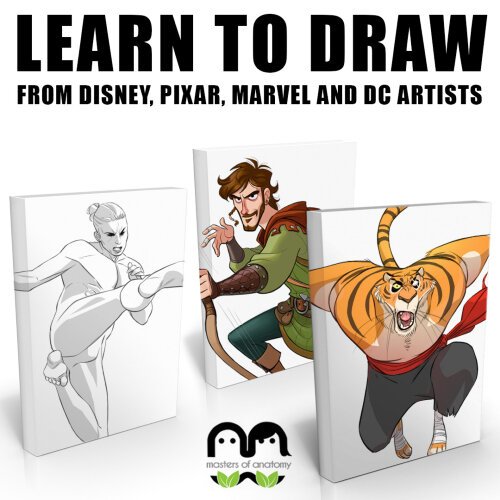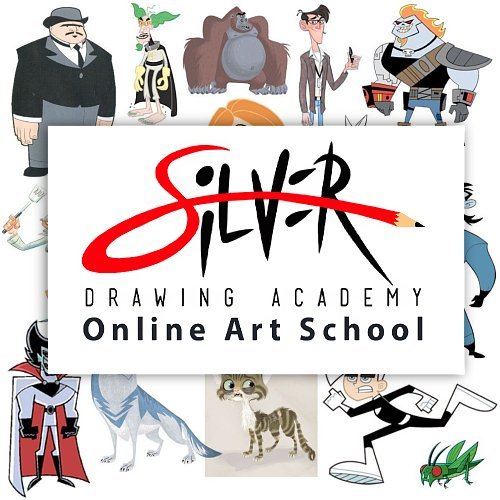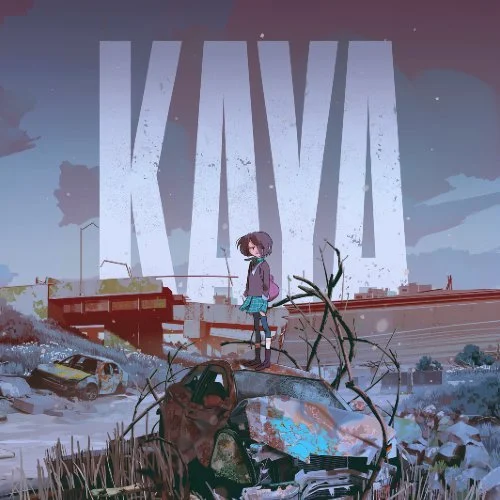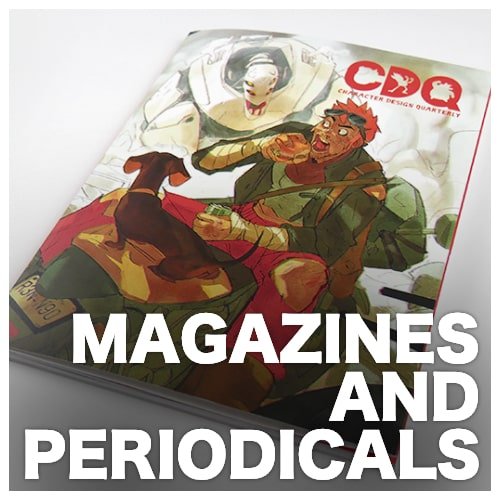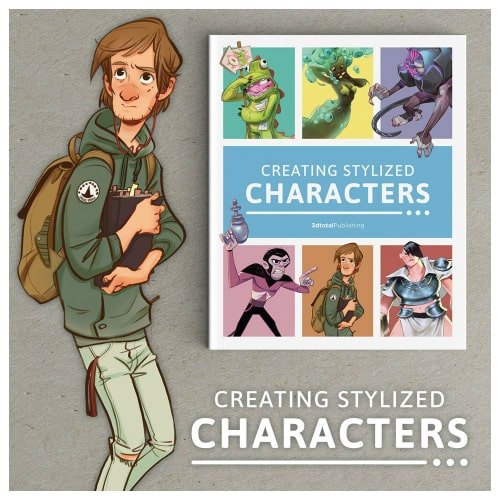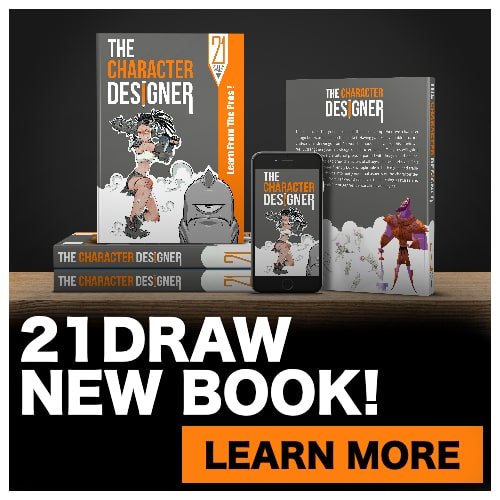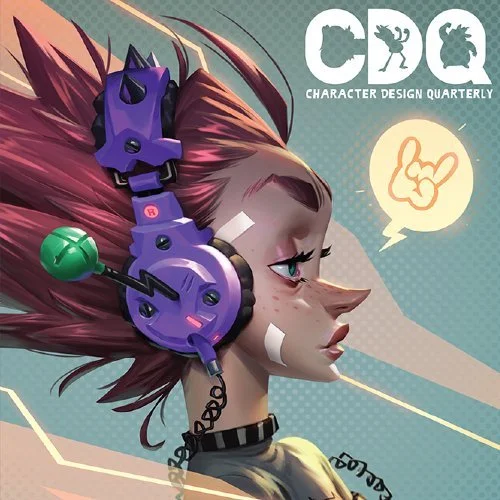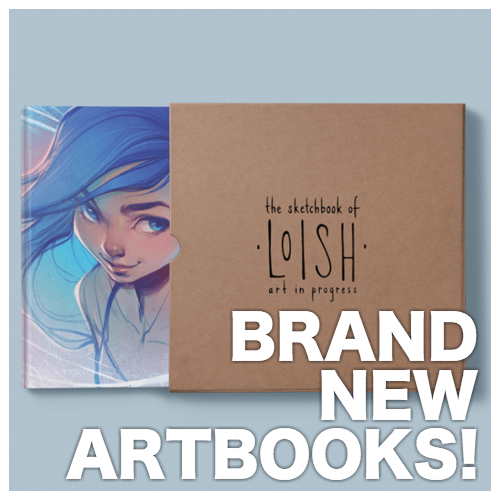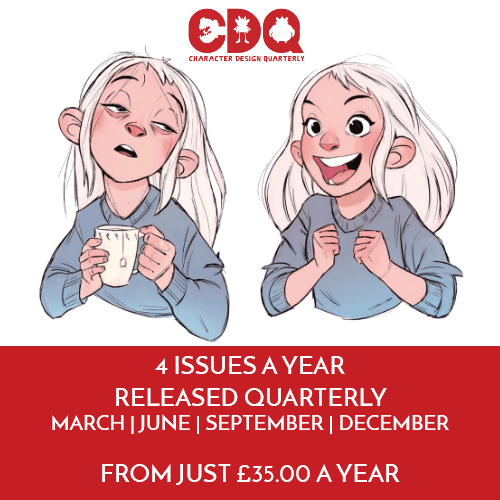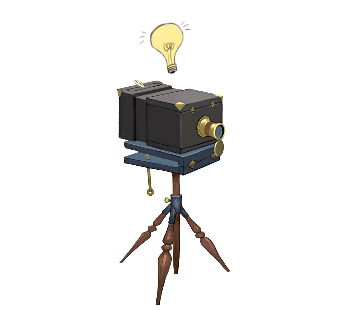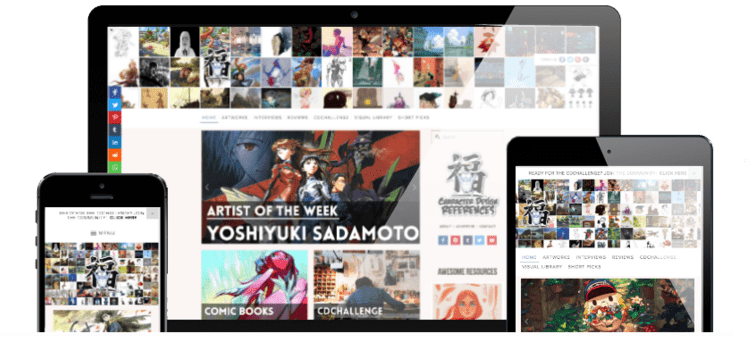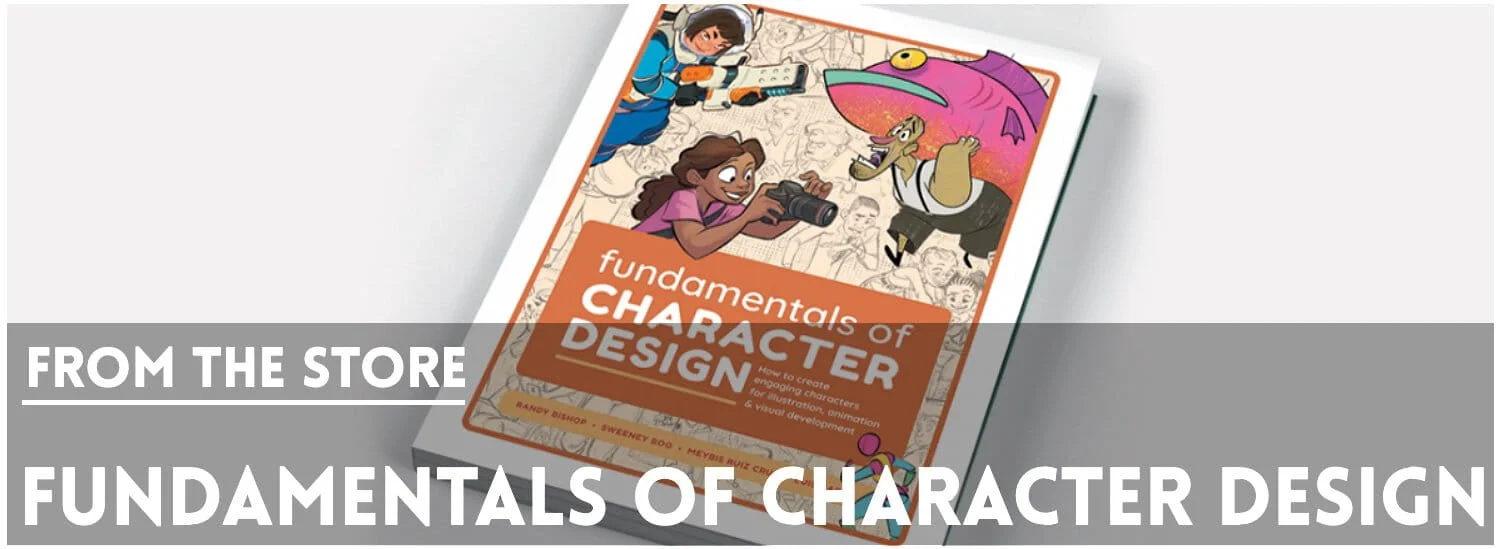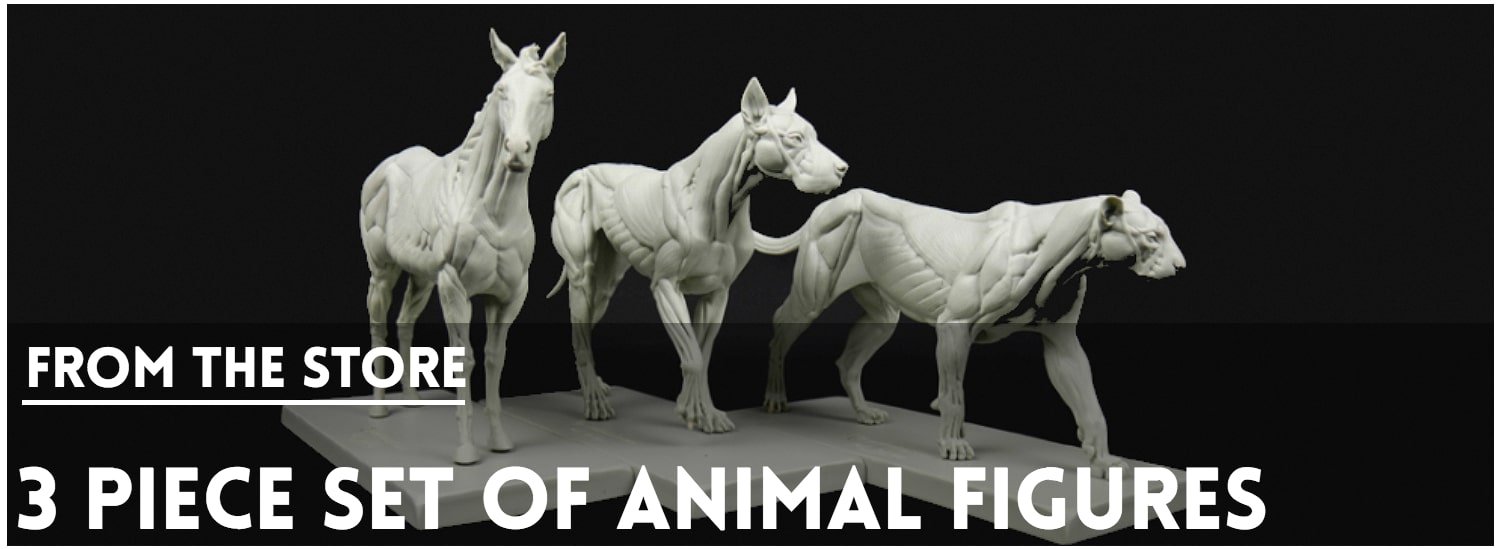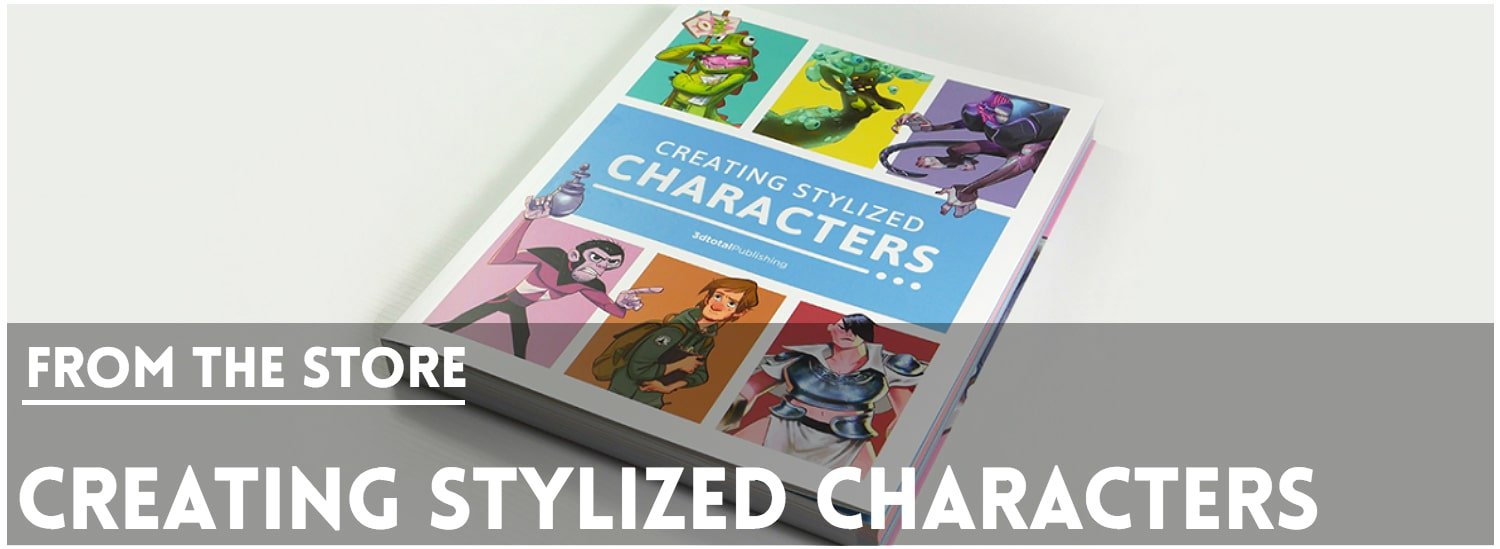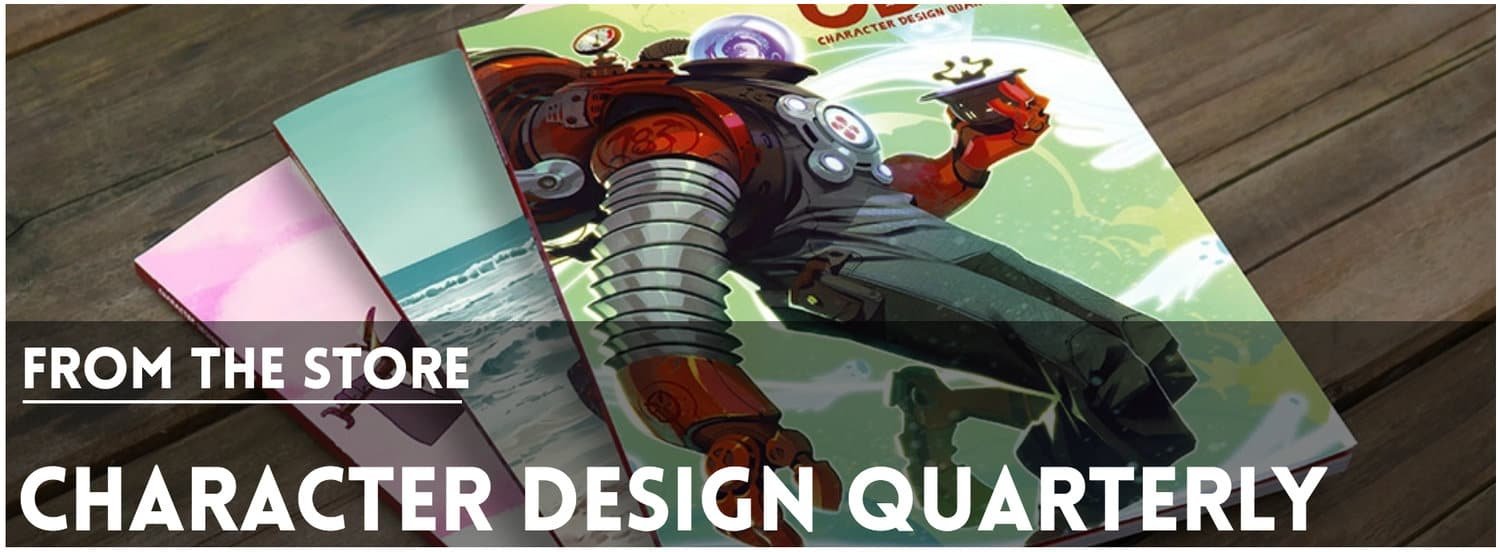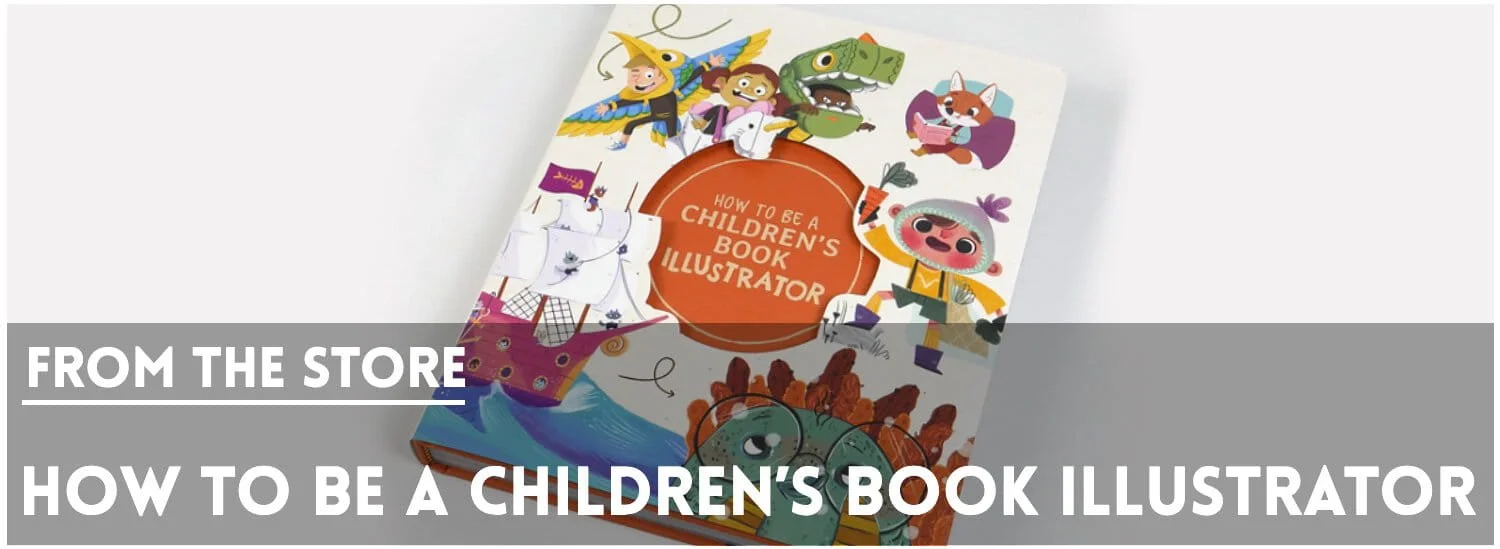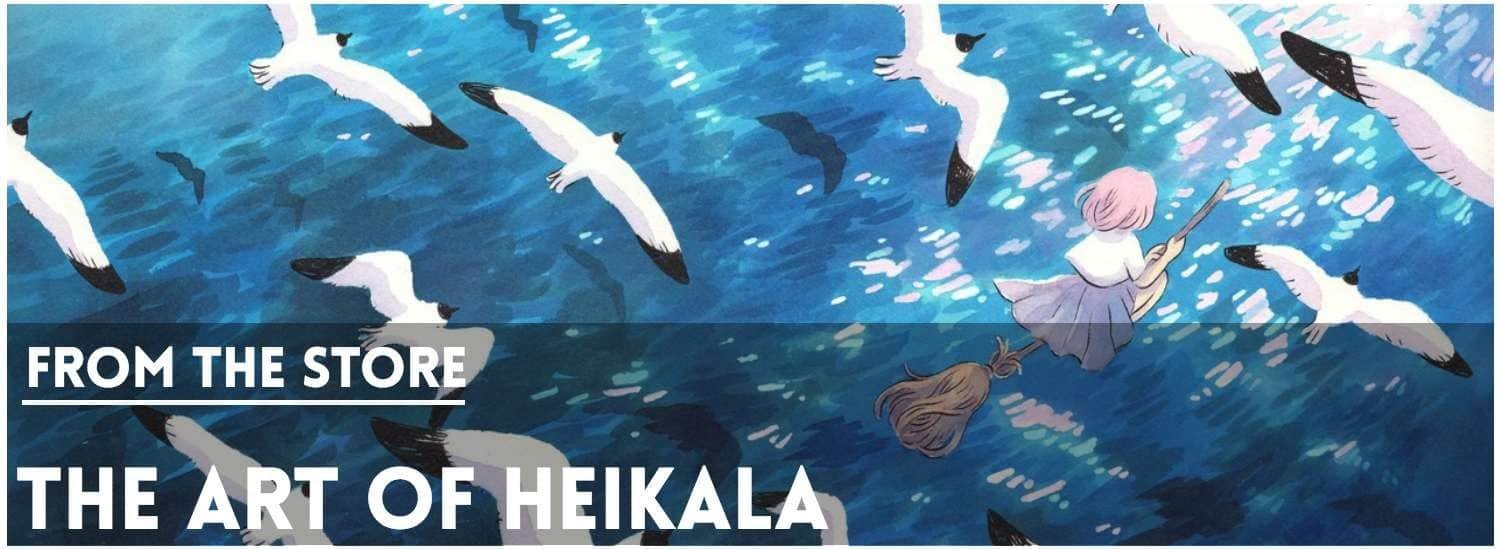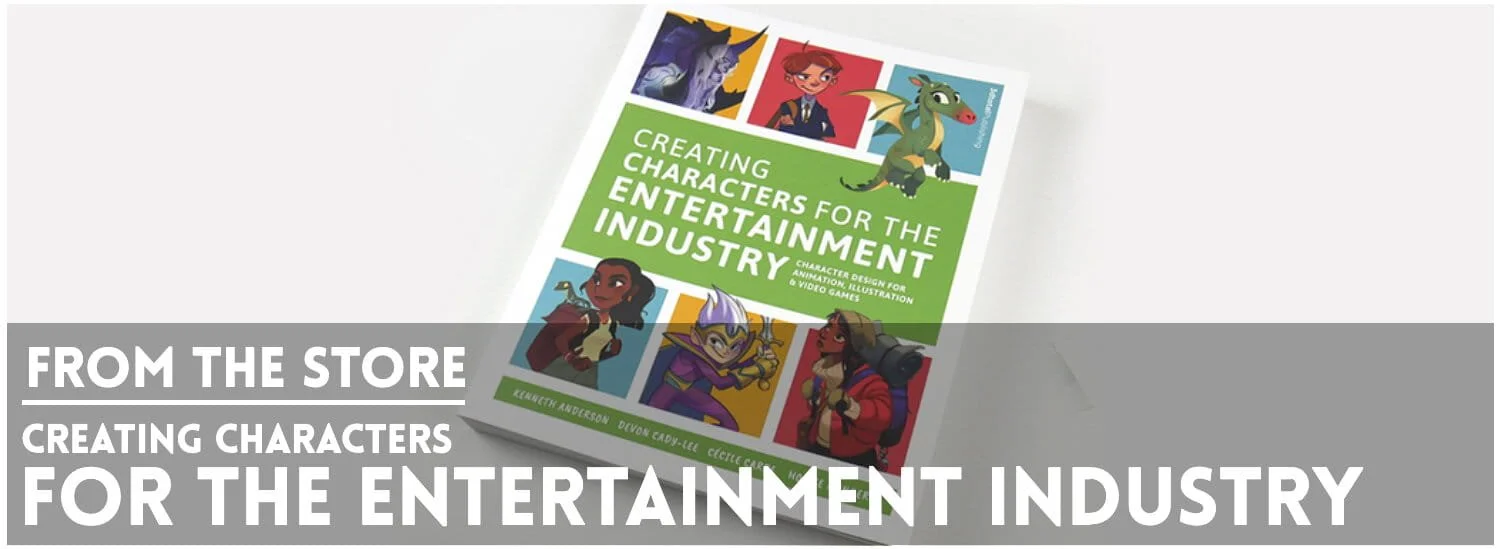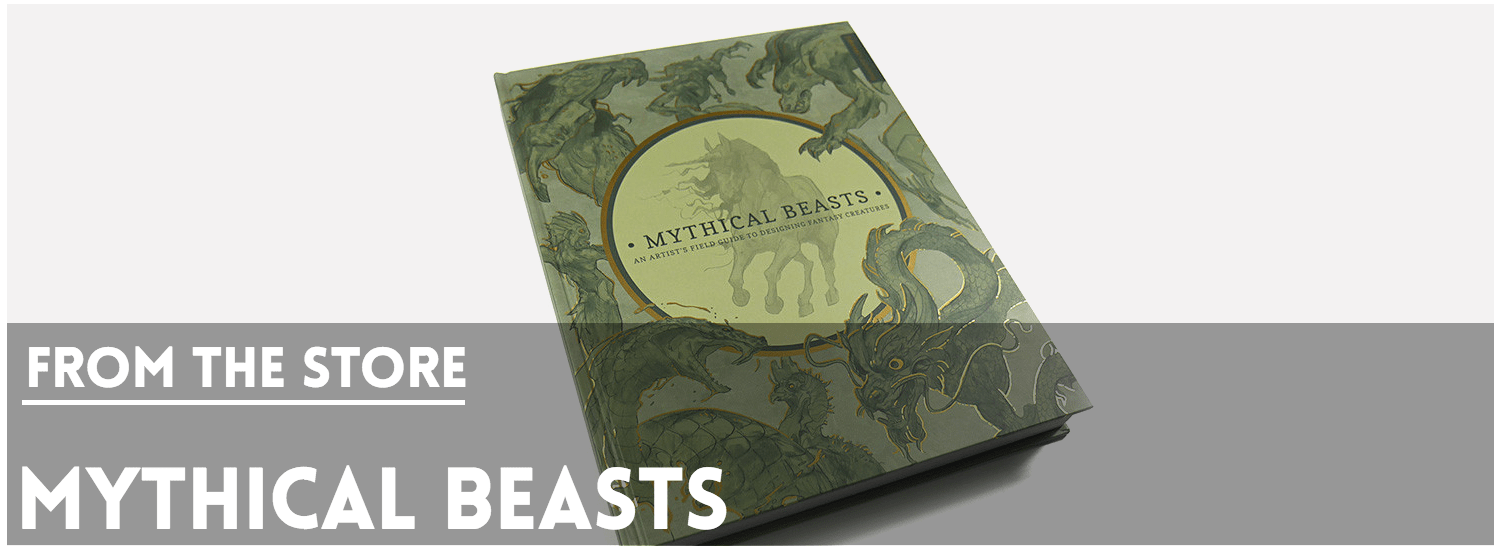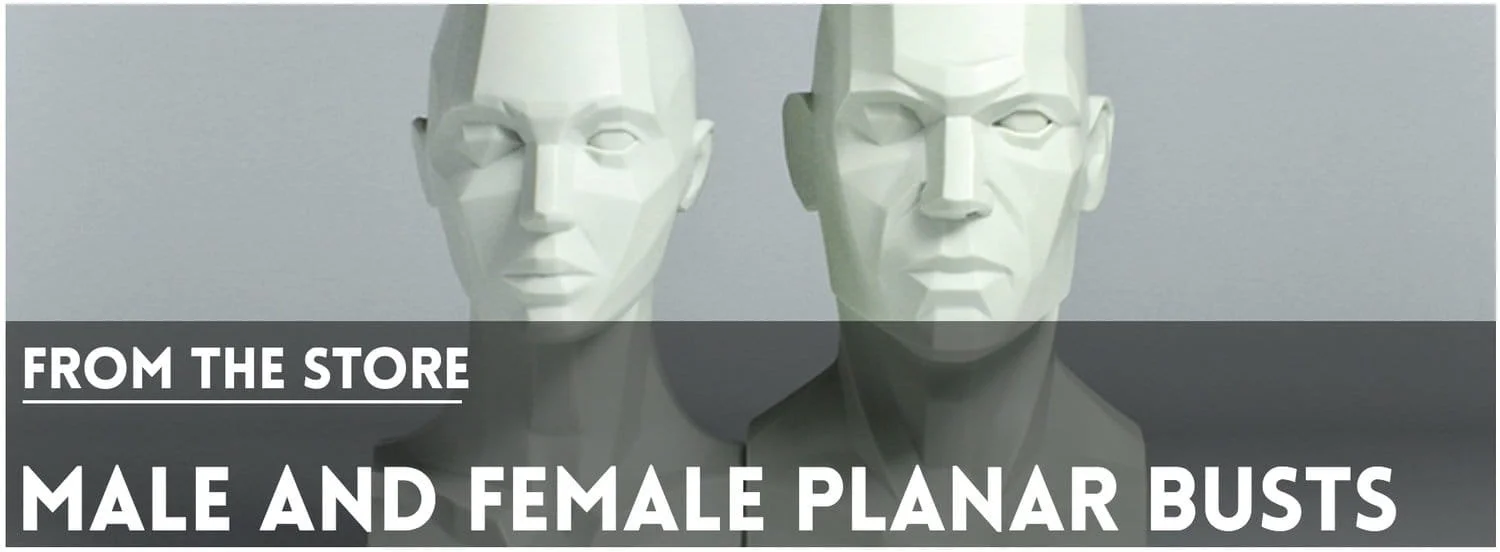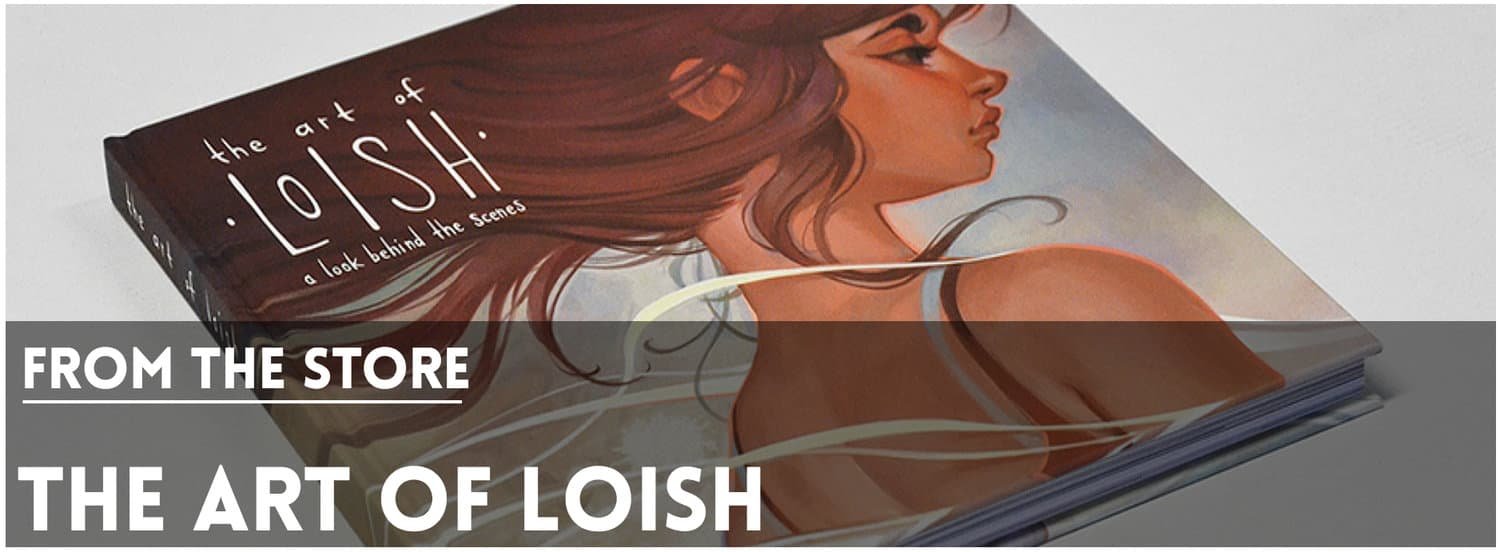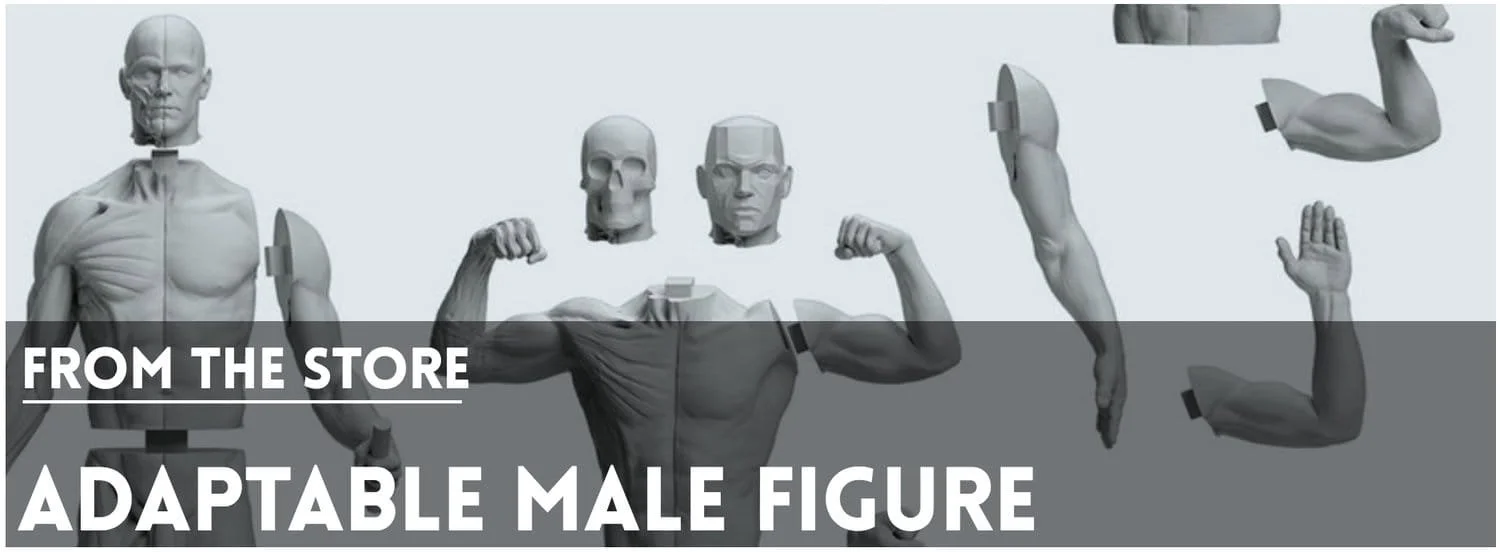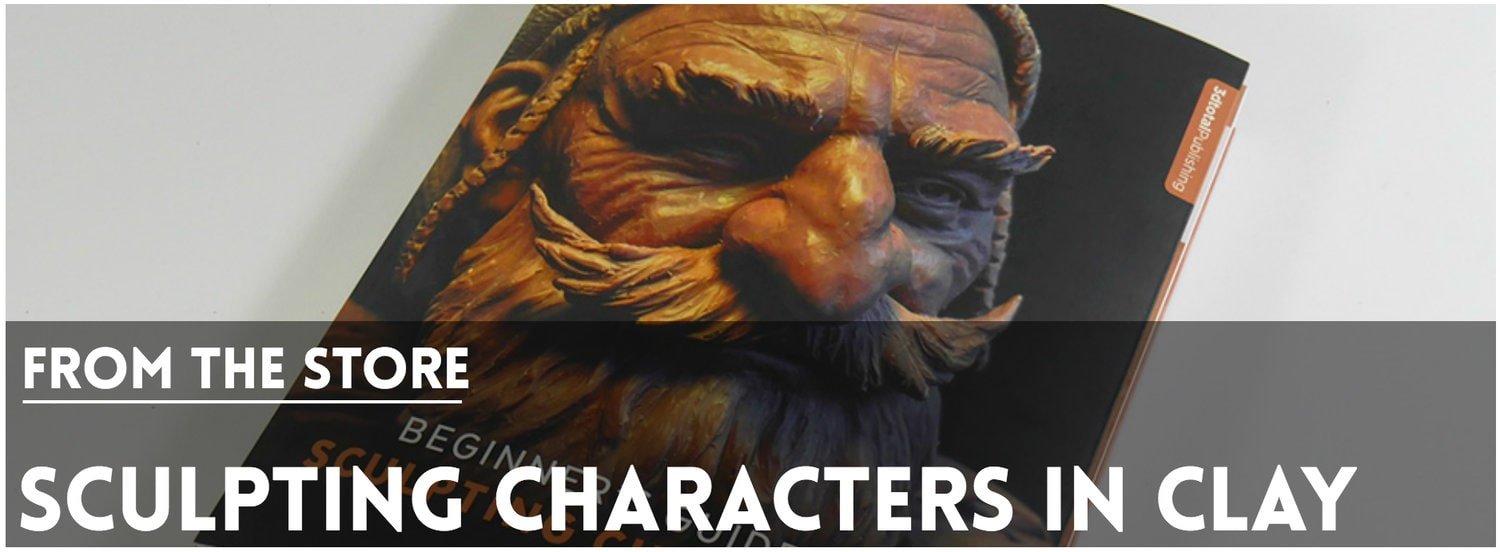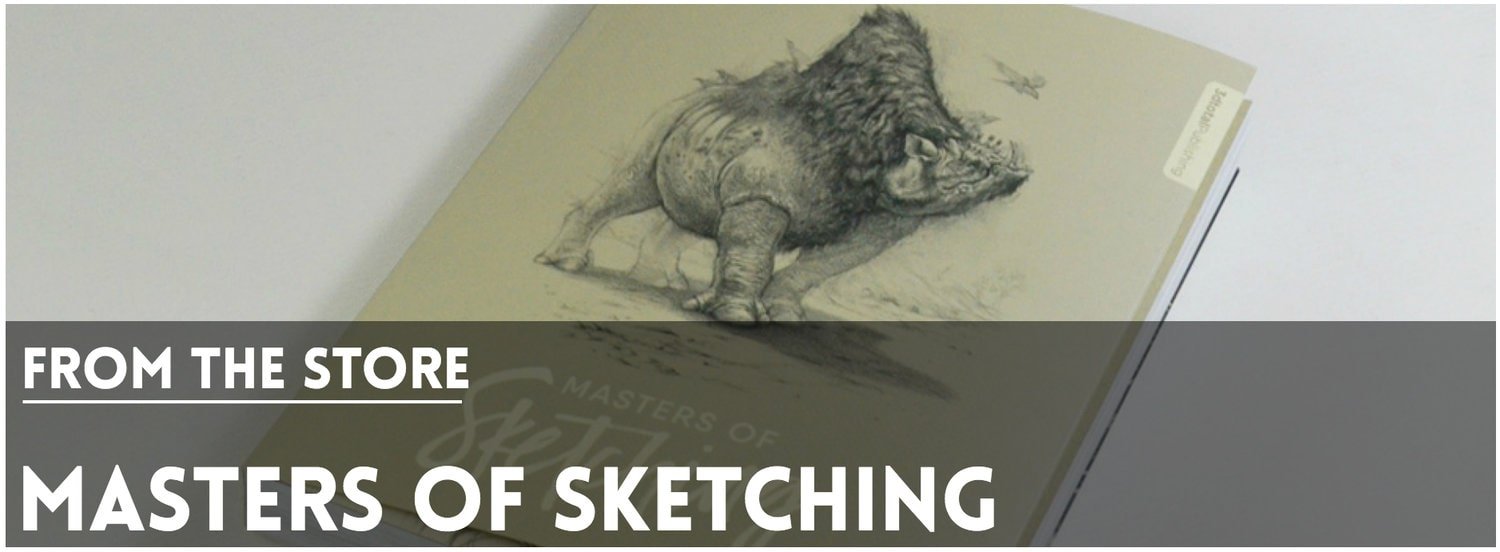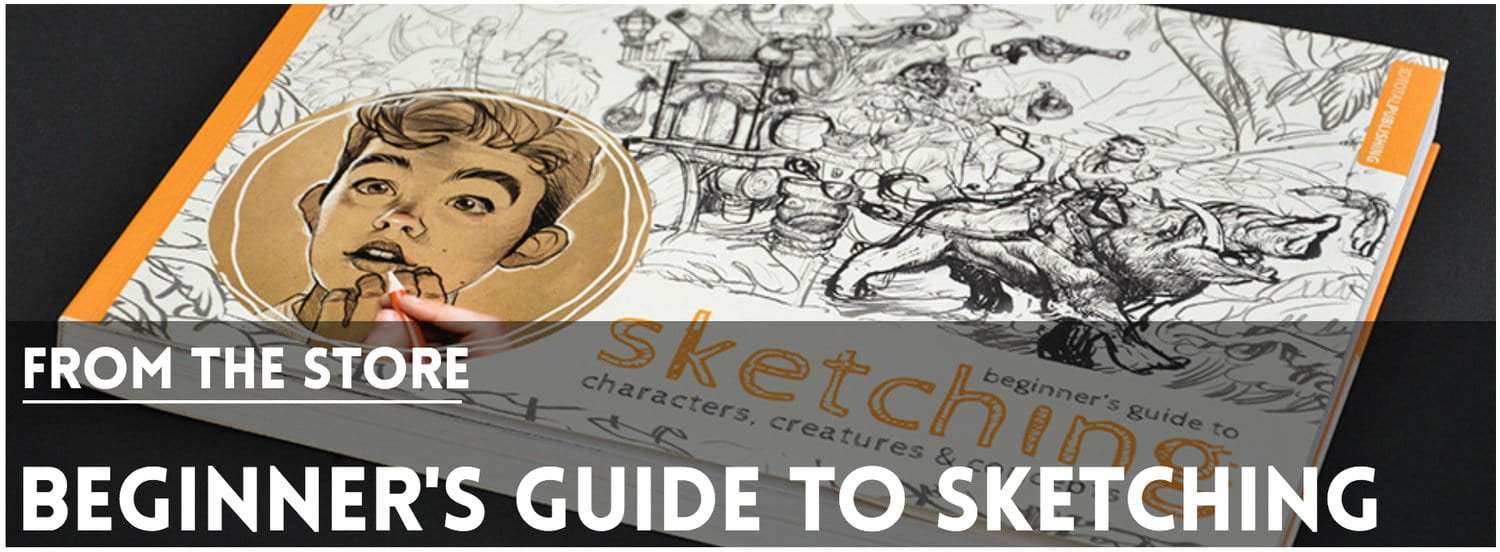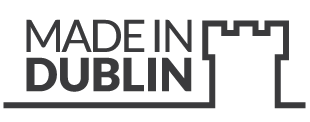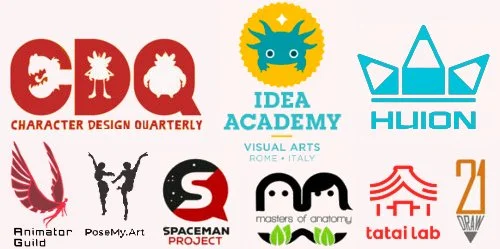Leah Artwick
/Where did you grow up? At what age did you start thinking about pursuing an artistic career?
I grew up in a suburb outside of Chicago, Illinois. I wanted to be in the animation industry ever since I was little (I know how cheesy that sounds, but it's true!). I remember in kindergarten filling out a little worksheet of what we wanted to be when we grew up, and I said an animator at Disney and drew myself sitting at an animation desk (although I have no idea where I got the reference for that). I decided to seriously pursue it when I went to college, where I wanted to study character design for animation.
Did you go to an art school or are you self taught? How did you develop your skills?
I would honestly say a little of both. I was lucky enough to be able to attend the Rhode Island School of Design and I loved it. I majored in Illustration and took every animation class I could and learned an insane amount. My high school, and I think a lot of artists may have gone through similar things, had good art teachers, but most students didn't take it seriously. Because of that, I stood out and became a big fish in a small pond - getting to art school made me realize how, honestly, mediocre I was and how much I had to learn. I was surrounded with people who were leagues better than me, and that gave me a very tangible motivator to get better and grow a lot in a very short amount of time. With the way I learn and the way I work, I don't think I could have gotten to where I am without it because I just didn't know where to look for those kinds of resources. It was incredibly beneficial to me, and it instilled the work ethic I needed in order to self-teach myself post graduation and keep improving. It also allowed me to build a network of colleagues who pushed me to be better and helped me get to where I am now. That being said, self-teaching is a completely attainable and viable way to break into the industry - there are so many people I know working now as designers, board artists, show-runners, etc who didn't go to art school. There are so many communities, tutorials, and affordable classes available that can give you a similar learning experience (not to mention social media allowing you to build a network of artists), and I recommend that people who may not be able to attend art school for any reason look into those avenues!
Have you always been supported in your artistic path or has it been challenging to let your family and friends understand your choice?
In general I've been supported - growing up my family and community were very supportive of my skills and encouraged me to pursue them. I think because a lot of people see art as a hobby and an innate talent that you're gifted instead of a skill you have to hone and work towards it's often not seen as a viable career path because people don't prioritize learning what the broad term "artist" can entail. When I made a decision to pursue art as my career instead of a hobby I was told "You're too smart for that" and it really hurt and shook my confidence. Thankfully, a close friend sat me down and told me that nothing could be further from the truth - the arts require an incredible amount of every kind of intelligence and mental, physical, and emotional labor. I knew that, but it was that outside perspective that helped validate and solidify my decision.
What was the strongest influence you had when you were growing up ( artists, movies, cartoons, comics etc.. ) ?
Disney was my #1 biggest influence, and as I got older Miyazaki was what really made me want to go into the animation industry. I watched Princess Mononoke when I was too young, and it destroyed me - (spoilers in case anyone still hasn't seen it yet?? Go watch it!) when the kodoma are falling from the trees due to the forest spirit searching for its head I became inconsolable! That was probably the most impactful cinematic experience for me - watching his movies made me realize that story telling doesn't have to be so black and white and that great story telling lies in the quietness and nuances (or at least that's what speaks to me the most). Another big influence would have to be video games - Majora's Mask was a big one because it felt so different from everything I had played before. It was dark and eerie, and the element of time travel to piece together different stories of the people you encountered was very magical. It evoked a similar feeling that the nuances and the characters living in this world were the most important thing and the bigger story wouldn't be complete or nearly as important without them. Another one of my favorite games is Journey. Not only is it a beautifully simple take on the hero's journey, but it's incredibly emotionally game that brings out real empathy and trust. My first run through I found another person and we traveled throughout this beautiful landscape together, and at one point they fell off a cliff. Although I was almost at the end, I felt such a strong bond with them that I jumped off, too, because I couldn't imagine leaving them and finishing our journey without them. It was a beautiful, unique, and above all impactful way to make the audience the protagonist. Other huge inspirations to me were Sailor Moon, and anything by Craig McCracken (specifically Powerpuff GIrls) and Genndy Tartakovsky.
Did you have a favourite subject to draw when you were a child and do you still have one today? If you do, what makes it so special?
This is pretty general - but I love drawing ladies! A huge influence on my art is Sailor Moon. Not only are the visuals beautiful, soft, and flowing, but it's a story where women embrace their emotions and femininity to gain strength and I found a lot of power and confidence in that, even if I didn't realize it at the time. That specific facet of femininity really spoke to me, so I hope to convey a lot of those same feelings in the drawings I create.
What is your process in creating your art and what are your favourite tools?
I've really grown fond of Photoshop! I'll start off with really rough sketches, especially since digital work makes it so easy to redo things a ton of times, so I can work quickly and get something I'm happy with faster. I'll spend time pulling reference and inspiration from online (or real life if I can - if I need a specific pose for something I'll often take pictures of myself) so that I can accurately represent what I'm drawing (reference is always helpful!!! You need to understand the fundamentals of what you're making before you can accurately stylize). I'll clean up the sketch before going into inking (I have a custom Photoshop brush that I use for this - but Kyle Webster's brushes are also wonderful and he has a TON of beautiful inking options), and from there I'll go into flat colors. If I'm doing lighting I'll tackle that next, but usually I prefer to stick with a simpler coloring style.
What part of the creation process is the most fun and easy and what part is the hardest?
Sketching out a ton of ideas usually flows really naturally, and there's a lot less pressure when you're trying to find an idea - so that's fun because I allow myself to be imperfect, make mistakes, and learn the most. In my workflow I have the absolute most fun with inking! Making smooth lines is extremely therapeutic, and seeing an illustration start to solidify can be really exciting. Color is the most difficult for me - I still struggle a lot with it and it takes me several tries to land on something I'm satisfied with. In terms of subject matter, I LOVE creating characters and I have the toughest time with environments and backgrounds - it's definitely something I need to practice!! I've gotten great advice to think of the background as it's own character with its own personality, so that's something I try to implement on the off chance I tackle a background in my personal work.
What are some of the things you have learned from other artists who you have worked with or whose work you have seen?
In terms of storytelling - know your story and characters very intimately - they play off of each other. If you don't have great characters, people won't connect with or care about your story because there isn't something concrete and relatable they can attach to. And when you're writing a story - know your characters motivations and how they'd react to certain things - why are they acting this way in this moment? What will this conflict help them learn and how will it serve their end goal? Make them real - that's what will make people fall in love! Another hugely important thing is to TAKE CARE OF YOURSELF! Your mental health is so important and I feel like artists in particular are so hard on themselves (imposter syndrome, seeing other artists' output and feeling bad that they aren't meeting that same level, etc). Everyone works differently, and nobody should feel bad if they need to take breaks and not produce as much work as a part of their own definition of what a balanced life is. If you don't take the necessary breaks your work and health (both mental and physical) will suffer. Listen to your body, stretch often, take walks, give yourself a chance to have outside experiences because that in the end will make your work much stronger.
What projects have you worked on in the past and what are you working on at the moment (if you can tell us)?
My first job in animation was on Wordgirl as a flash animator. From there I came to Los Angeles to work at Titmouse on Moonbeam City and Nerdland. After that I did freelance animation, and after applying over and over again to several studios I got a call from Dreamworks and was hired to work on Dragons: Race to the Edge as a storyboard revisionist. That franchise is so near and dear to my heart, and it was an absolute dream to go into work every day and draw Toothless. My director was also amazing at teaching me why specific changes were needed, which really helped me grow as a board artist. After that I was hired as a revisionist on The Tales of Arcadia series, where I worked a tiny bit on the Trollhunters finale, all of 3Below, and was promoted to a storyboard artist on Wizards. I finished up on that and am now working on something that hasn't been announced yet, but I'm SO excited for it. Between those studio jobs I worked as a character artist on an educational product called Mrs. Wordsmith with Craig Kellman (that was an absolute blast) and did all the character design and illustrations for a card game called Sparkle*Kitty! Some of my favorite things I've designed are for a project that hasn't been revealed yet, but I hope it is soon so I can talk about it!
Do you have a longterm career goal? What would your dream project be?
Like a lot of other artists in animation, I would really love to be a showrunner. Not only to be able to work on my own ideas, but to assemble a team of creators who inspire me and push whatever I'm working on to be the best it can be. Hopefully I can pitch something sometime soon!
What advise would you give to an artist who is dealing with an artist's block? How do you boost your imagination and keep yourself creative?
Like I mentioned before, first and foremost is taking care of yourself. If you're feeling an artistic block I think the best thing you can do is take a break. Step away from your computer/work and take a walk, see some friends, take yourself out to dinner or a movie, take a shower. Relax so that you can come back fresh and energized - that's often a simple way that allows me to see my work with fresh eyes and see my mistakes and how I can overcome them. Another great thing is just to look at some other artists or some other media (film, photography, illustration, etc) so that you can get ideas and inspiration that you yourself may have not thought of. Having a large reference library you can pick from is a great way to make yourself think differently and try something new. Also, something that I found boosts my confidence if I'm feeling in a rut is a challenge I found through social media where you take a piece you did from a long time ago and redraw it - if you're feeling stuck it's a great way to concretely see how much you've improved and how your artistic process has changed and how you can apply that to pieces moving forward.
Concept art, animation, illustration, comics, you name it. There are so many careers and when you are very young, sometimes you know only one thing: you simply love to draw. In your opinion, what should a young person take into consideration to make the right decision when choosing an artistic path?
I think you should really pay attention to what you like doing in your personal work and what you're drawn to in your free time. Is your favorite part of the process the storytelling and does that take precedence over a perfectly rendered piece? Maybe you should go into storyboarding (or even comics!) where you have to draw efficiently in order to tell the best story you possibly can in a short amount of time. If you can't narrow that down because you love everything - look at what your inspirations are doing. What draws you to them specifically and what kind of professional work are they producing? What kind of studios/publications/etc are they working for? Research what those environments are like and even reach out to artists working there to get personal, in depth opinions. An important thing to remember is there isn't necessarily a cut and dry, final "right" opinion. Your interests can change and you can try a myriad of things before you feel comfortable in a position (I would say a lot of incredibly successful artists still may feel inadequate or want to try new things)! It's not bad if you don't know what to do right away! Focus on what interests you and makes you happy, and things will often start falling into place.
In your own experience, what would you suggest to someone who is inspired by your work and wants to follows your footsteps: should they work in one consistent style, or work on many different ones?
I think that you should be able to adapt to different styles - but it's usually your own unique voice and artistic vision that will get you noticed. For example, in the animation industry where there are a lot of people who can draw well, people will notice your portfolio not only because you have the fundamental skills that would allow you to adapt to different styles or work on different shows, but also because you have something special that nobody else could bring to the table. It's wonderful to have a consistent style (I've been hired for projects where they want me to draw "my style"), but the ability to adapt is incredibly valuable and is a great way to break out of your comfort zone and round out skills you have have been lacking previously.
What’s your point of view about the industry today: what are the expectation for someone who wants to make a living with an artistic career?
There are so many incredible things happening in the animation industry right now, especially with so many upcoming streaming platforms that don't have to cater to the same rules that television has, allowing creators to explore in ways they probably haven't before. There are more diverse voices, leading to content people have really been missing and craving, so I think now is a really great time to be in animation. I will say that getting a job won't always be easy - even with a lot of productions opening up animation is still a very competitive industry. For anyone who is feeling discouraged, there is so much that goes into hiring the right candidate, and just because you get passed on does not mean you or your work is less than someone else's. Sometimes the timing isn't right and sometimes your work isn't a great fit for one show and it doesn't mean that it won't be great for another. Keep on working - take classes to better your portfolio (there are so many affordable options online), go to networking events if you're able to, create a community of other artists who can give you critique and support (social media is GREAT for this!).
Speaking of it being a competitive industry, in animation and art there can be a dangerous expectation to overwork, leading to burnout or injury for many artists. That's a huge reason why I stress taking care of yourself so much. So many people I know I've heard say (myself included, unfortunately) "I can't take this sick day, I have too much to do" or "I can't take this vacation, we have a deadline" and that's a damaging mentality that both artists and studios should try and eliminate. Art jobs can be very draining at times, and it's important to remember that at the end of the day we're making cartoons - and no matter how amazing and wonderful they are your health should always come first (that includes both physical AND mental health). It's important to know your limits and know the difference between working hard and overworking so that you can continue doing what you love in a happy and healthy way!
Some of that may sound scary, so I'll cap this question off by saying I absolutely love what I do and I wouldn't have it any other way, even if there are times where it's been incredibly difficult and emotionally draining. It's really fulfilling and the animation industry is full of some of the funniest, most interesting, talented, inspiring, and caring people I've ever met. It's an absolutely amazing place to be!
Who are the artists who inspire you the most today and what are some of your favourite designs out there?
I have so many! And unfortunately I'll probably forget a lot of people in my list, but recently I've been loving Vicki Tsai, Louie Zong, Anoosha Syed, Victoria Evans, Dana Terrace, Amanda Martin, Amanda Jolly, Mingjue Helen Chen, Amelie Flechais, Fabien Mense, and Heikala just to name a few. My favorite designed show as of late is Hilda - it's so beautiful and charming! If you haven't yet give it a watch!
When clients contact you for a commission, what essential info should they include in their very first email in order to communicate with you efficiently and effectively?
I would say be as thorough as possible - do all of the work you possibly can for the artist. Research if they're accepting commissions first (often times they will have this information online on their Twitter, Instagram, or website). If you can't find that answer, tell them what you're looking for and be as detailed as possible! Do you want a simple line art bust illustration? Or are you looking for a fully colored illustration with multiple characters and a background? Ask what their rate would be for your commission. If you're looking for something very specific, provide reference! Send them photos of the subject matter so that they can best accomplish what you want. If the artists have questions throughout the process, be prompt and polite! And, if you're happy with their work (especially if you feel like they're not charging enough for their art), tip them!
Social networks, crowd funding websites, print on demand online services and so on. New media on the Internet are connecting the artists directly with their fans like never before. In your opinion, how is this affecting the industry and what are the pros and cons?
Social media is an incredible way to get your work out in the world in a free, accessible way. Having an online presence can connect you with friends, communities, and opportunities you may not have had otherwise - I know so many people who have been hired in their artistic field (comics, animation, etc) and/or built their own brand and started their own business because of their online presence. There's also access to so much knowledge!! So many professionals are giving away incredibly valuable advice to support young creators!! In terms of cons, I think the accessibility that it gives can be negative in its own right. It often breeds entitlement which leads to rampant art theft and harassment of creators which is backed by a level of anonymity and lack of accountability. Thankfully though, communities often overpower a lot of this negativity with support, love, and encouragement - and a lot of those communities are built online. Overall, I've felt far more positive from my online experience than negative, and it's opened so many doors for me that I wouldn't have had otherwise.
Finally, where can we see your art online and get in touch with you? How can we buy your creations and support your work?
I'm most active on Instagram ( instagram.com/itsleahelaine ) and Twitter ( twitter.com/itsleahelaine )! I use the handle @itsleahelaine for everything, so I'm pretty easy to find! My website is ( www.leahartwick.com ) I also have an Etsy shop, but at the moment it's not open! I'll make an announcement when it is on my social media once I get more products. I'll also be tabling at the first ever Lightbox Expo, so if you're around it'll be in Pasadena from September 6-8th 2019!
Thank you Leah :)
